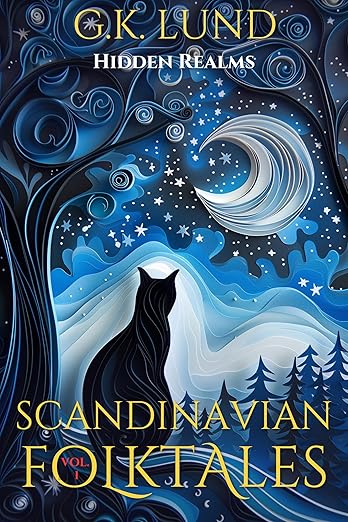
For modernity, ceaselessly mercurial, is nothing more than obsolescence yet to occur. To put one’s faith in or devote one’s attentions to it is to chase after a vapor.
Back when I was toiling through library school, one of the topics we were supposed to study was Copyright. The material they gave us to read was pretty uniformly partisan – on the side of the Creative Commons and against Copyright (or at least its extension). Much was made of the tyranny of Disney (though Disney generally holds trademarks rather than copyrights, but it’s all Intellectual Property). As a holder of copyrights myself, I found such material a little troubling, but I had no established principles on the topic in general (I hadn’t even known it was a topic), so – as I recall – I accommodated myself to the crowd, and wrote something about how copyright might be necessary for a while, but the free flow of information meant copyrights ought to end as early as reasonably possible.
Meanwhile, Mark Helprin, one of our greatest living authors, wrote (as he tells us) an op-ed for the New York Times. He thought an article about Copyright would be innocuous. He argued for its extension, so that a writer’s heirs can enjoy the fruits of their parent’s work just like the heirs of businessmen. He was astonished to discover that he had unleashed a firestorm of online comments from copyright abolitionists, who understood him to be arguing for everlasting copyright. This roused his fighting spirit, and so he came to write Digital Barbarism: A Writer’s Manifesto.
The book is quite long. It probably could have been shorter, but Helprin clearly warmed to his topic as he labored. He regards the anti-copyright movement as a branch of Marxism, its general war against property. The world has no lack of people (generally without productive ability of their own) who believe that property is theft, and that if the greedy owners would just fork over, all the world’s problems would be fixed. Creators, it is assumed, will just continue toiling away for the love of creation itself.
As far as I can learn, Helprin’s fears haven’t come true. Copyright continues in force, and its opponents seem to be a small (if loud-voiced) group. He must also be gratified by the current resurgence in the purchase of paper books, something he does not foresee in this work.
Digital Barbarism is full of Helprin’s vivid prose, which is always worth reading. I did weary of the argument somewhat after a while, though.









